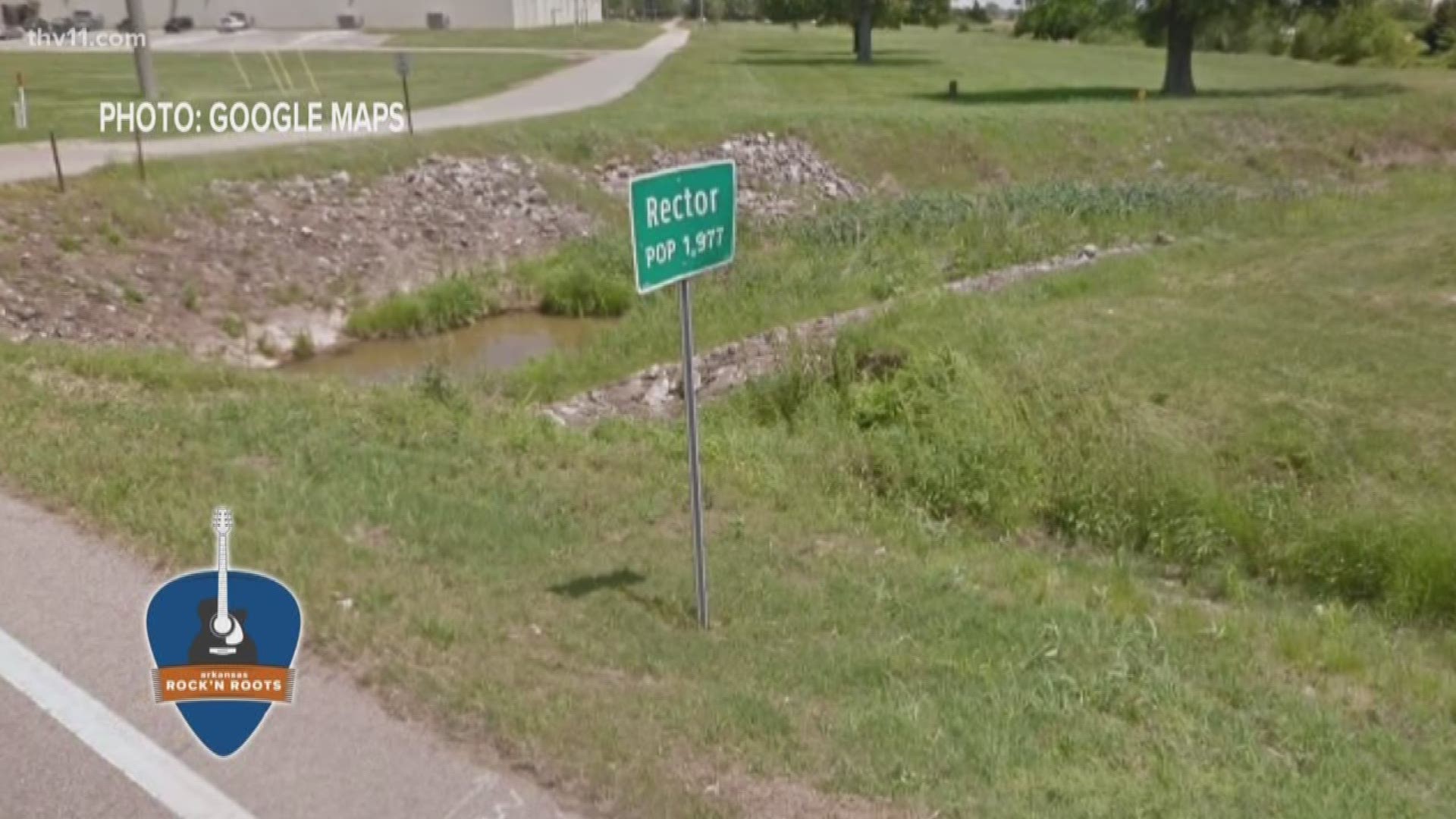RECTOR, Ark. — Bill Carter has been a lot of things.
“I'm kind of like Johnny Cash, you know. He was always like, 'Hello, I'm Johnny Cash.' Well, I say, 'You know what, I'm Bill Carter and I'm from Rector, Arkansas,'” Bill said.
Serviceman, Secret Service agent and a rock 'n' roll attorney, these are just a few things Bill Carter has been.
“I can do about anything,” Carter explained. “I've had so many different jobs. Actually, I've been an undertaker.”
But, he owes it all to his humble beginnings in Arkansas.
“We had no money,” Carter remembered. "I went to high school there and have fond memories of that community because so many people helped and gave me assistance when my parents couldn't."
After that, Bill was on his own.
When you finished high school, you had to go get a job because his family couldn't continue to support you, or shouldn't," Carter said. “So at 17, I joined the air force.”
After serving his country for four years, Bill returned to Arkansas with some money in his pocket and decided to go to school.
He enrolled in Arkansas State University and earned a degree in economics.
But in 1962, life threw him a curveball and he found himself in the Secret Service, working as a special agent during the Kennedy administration.
“I was so impressed, like everyone else my age in the United States,” Carter thought. “We were excited about having a young president. Eisenhower was a grandfather.”
Bill wasn't on the White House detail, but he served on many assignments with the President. And his death is still a moment he'll never forget.
“Devastating. His death was an emotional trauma and I never really got over that,” he said.
He would go on to work with President Johnson before eventually resigning in 1966.
After he left Washington, Bill turned his attention to the law. He went to the University of Arkansas Law School and set up his practice in Little Rock.
Then came another curveball and Fred Smith, the founder of FedEx.
“He came to me to send me to Washington to get the approval for him to operate a cargo airline,” Carter said.
And not long after that, economist Eliot Janeway called him for help.
“He had a client named Mick Jagger who had been barred from coming back to the United States,” Carter said.
The Rolling Stones turned to attorney after attorney to help solve their immigration issue. No one could get the job done, that is until they found Bill.
But, it almost didn't happen.
“I just got up and said, ‘this meeting is over,’ and I started to leave,” Carter explained. “Jagger jumped out of his chair, grabbed me by my coat and said, 'sit back down.' And he told the lawyers, ‘I’m going to hire Bill Carter. We're gonna give him a chance and see if he can do it.’”
He had convinced Mick Jagger, but he still had to win over Keith Richards. And the only place to do that was in a bar.
“Mick had told me one key factor: 'You meet with Keith, you better be prepared to drink with him because if you don’t drink with him, he won’t trust you,' and I said 'that's not problem for me,'” Carter remembered.
“Keith came in. He bolted through a door in the back of the room, had his usual scarf flowin’ around his neck and a bottle of Jack Daniels in his hand. He came in, set the whiskey down and said, ‘alright, let’s have a drink.”
That's all it took.
Two years later, and the Stones were touring America. Richards and Ronnie Wood even made an unplanned stop in Arkansas.
And after a while, his client base started to grow.
“While I was with the Stones, I got involved with David Bowie,” Carter said.
But, Bill wasn't just a rock 'n' roll lawyer.
He's represented country stars like Tanya Tucker, Reba McEntire, Waylon Jennings, and Lonestar. And we can't forget about his work on the Gaither Gospel Hour.
Then in 2011, he found himself honoring a man he looked up to growing up.
“Johnny had grown up in Dyess, Arkansas, which is about 35 miles from my hometown and we grew up in similar circumstances,” Carter explained. “I knew him and I knew his family.”
Arkansas State University asked him to help them create the Johnny Cash Music Festival and raise funds to restore the country music legend's boyhood home in Dyess, Arkansas.
“He's said many times he is so proud that he grew up so poor in Dyess, Arkansas,” Carter said.
It was a sentiment he understands and shares with the Man in Black.
“I frequently say that I was blessed to have been growing up poor in Rector, Arkansas,” Carter said.
And when asked about his legacy, he only has one answer.
“I was back in Rector recently and they asked me, "How do you want to be remember?' And I said, "As Henry and Faye's kid from Rector.”

